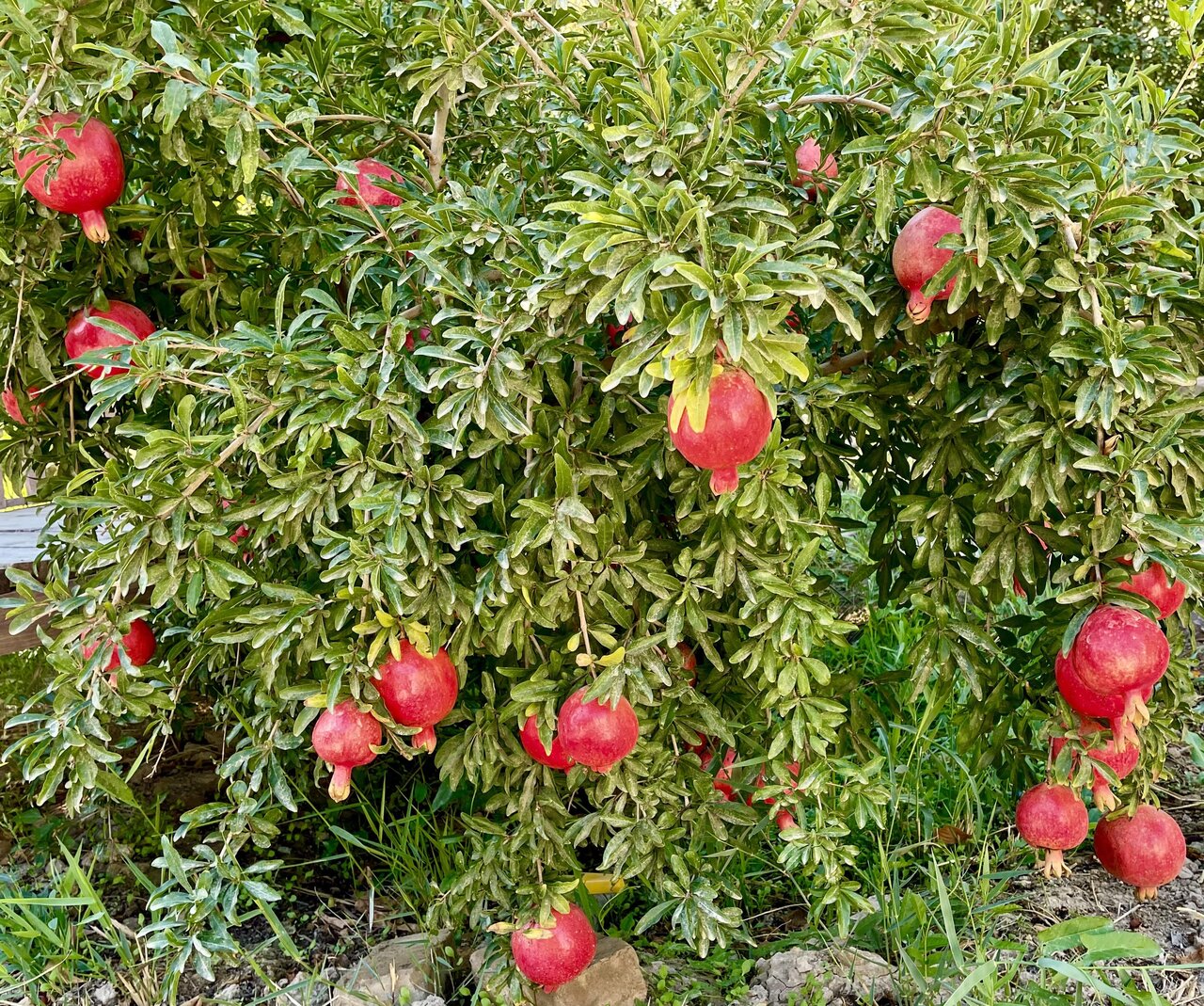Kordestan’s annual pomegranate output expected to reach 10,000 tons

TEHRAN- As announced by a provincial official, 10,000 tons of pomegranate is expected to be harvested in Kordestan province, in the west of Iran, in the current Iranian calendar year (ends on March 2024).
Zahed Haji-Mirzaei, the director for horticulture affairs in the Agriculture Department of the province, also announced that 615 hectares of gardens are under pomegranate cultivation in the province.
Saying that 800 persons in the province are active in the production of this fruit, the official said that the pomegranate harvest has started in the gardens of Kordestan and will continue by the end of the next Iranian calendar month (November 21).
Iran is the largest producer of garden products in the region, according to the chairman of the Iran Fruit Union.
Referring to the necessity of adopting a policy to increase exports, Reza Nourani said: “Given the country's high capacities, we are the first in the region in the production of agricultural and horticultural products”.
Mentioning the country’s high potential in the production of agricultural products, he stated: “Iran is a country suffering from water scarcity, and we have gone through several consecutive years of drought, however, we have the first place in the production of agricultural products in the region.”
According to Mohammad-Mehdi Boroumandi, the deputy agriculture minister for horticulture affairs, Iran has a special position in the field of horticulture.
The official says that all researchers believe that the advantage of Iran’s agriculture sector is horticulture because it creates more employment and brings a good foreign currency income.
He has mentioned the renovation of gardens as one of the important programs of the ministry and said: “The capacity of agricultural production in the country is more than this and should be increased.”
Referring to the important role of farmers and gardeners in maintaining food security, he pointed out that apart from four tropical fruits including bananas, coconuts, mangoes, and pineapples, the country is completely self-sufficient in providing other agricultural products.
MA
